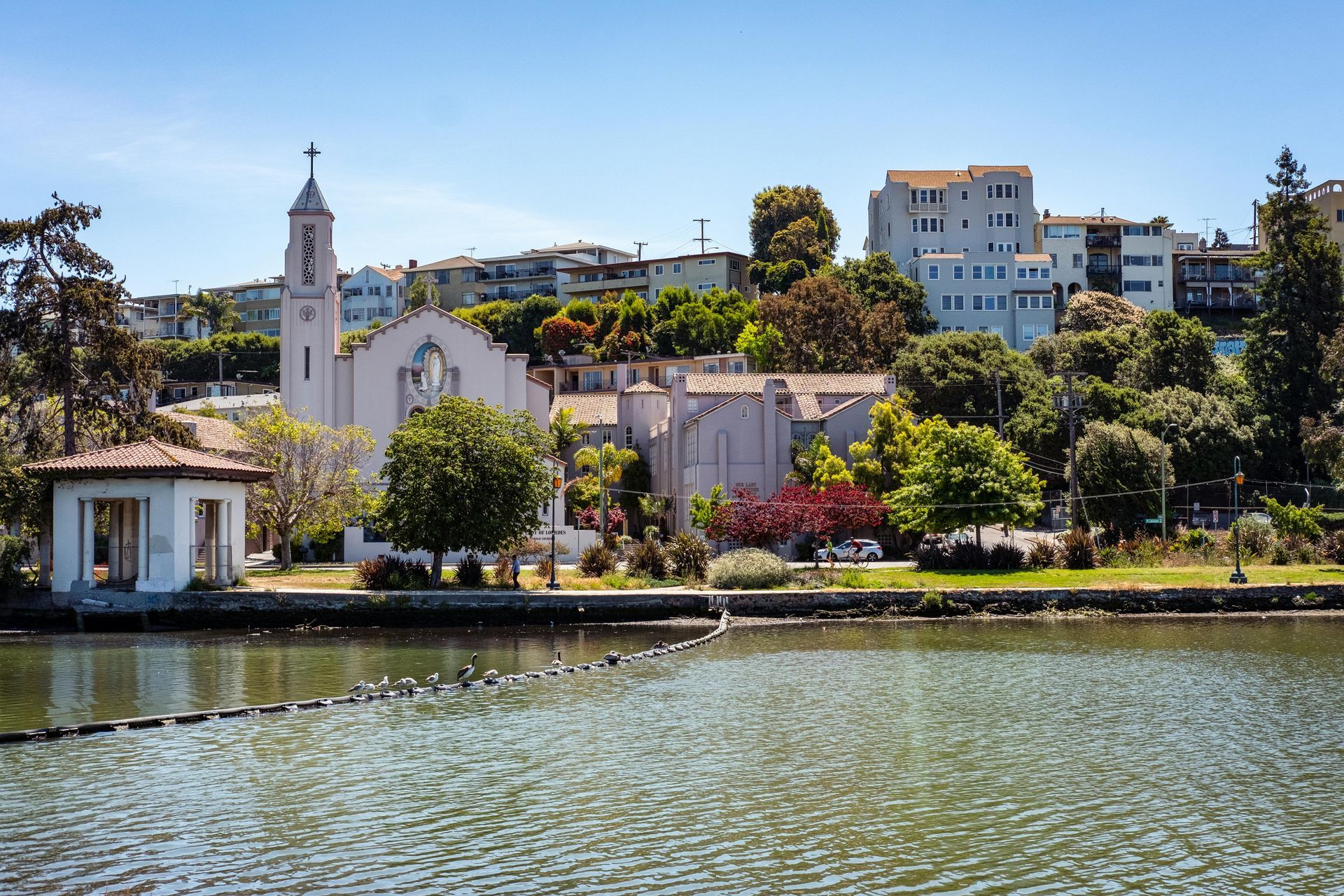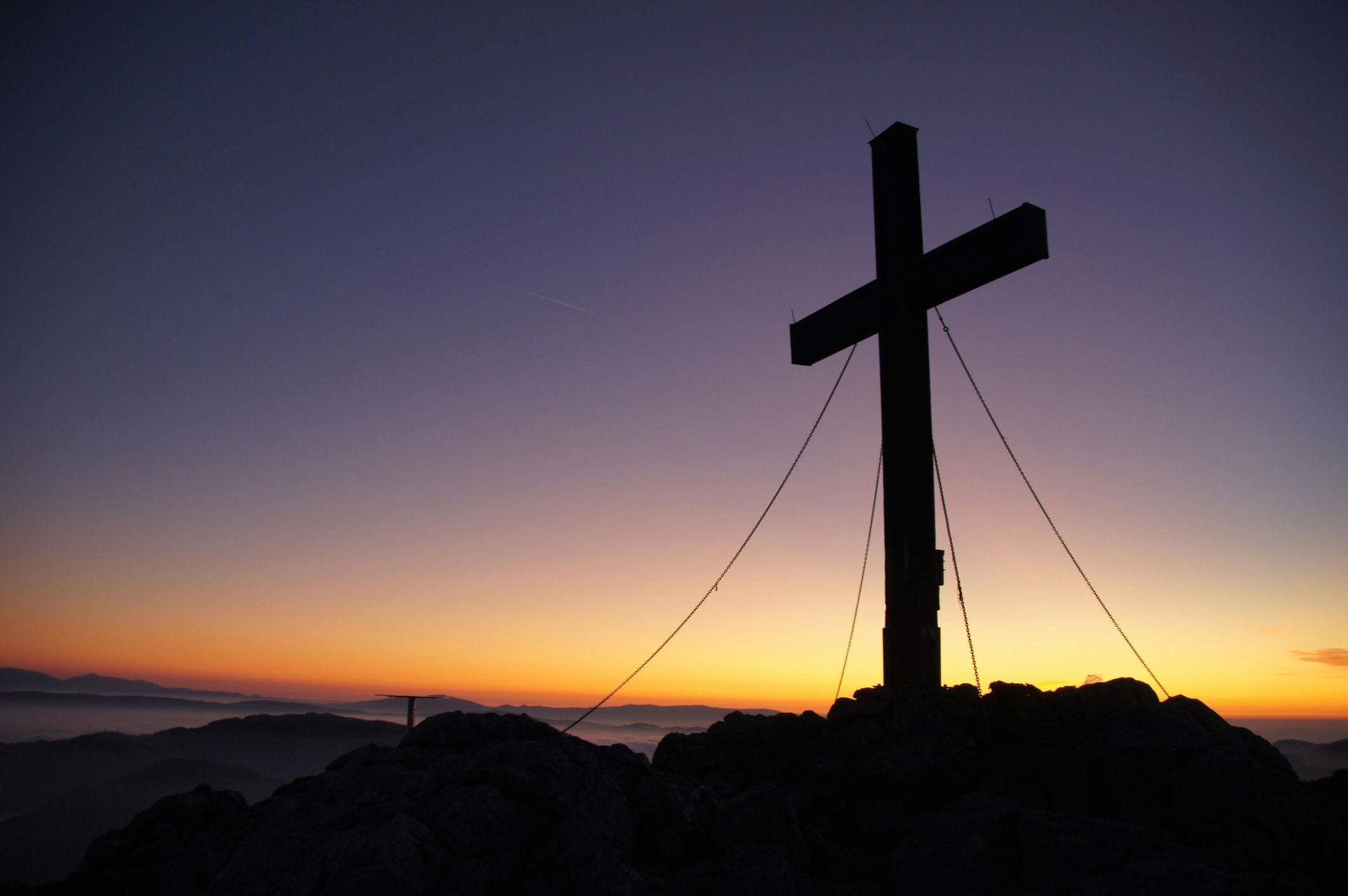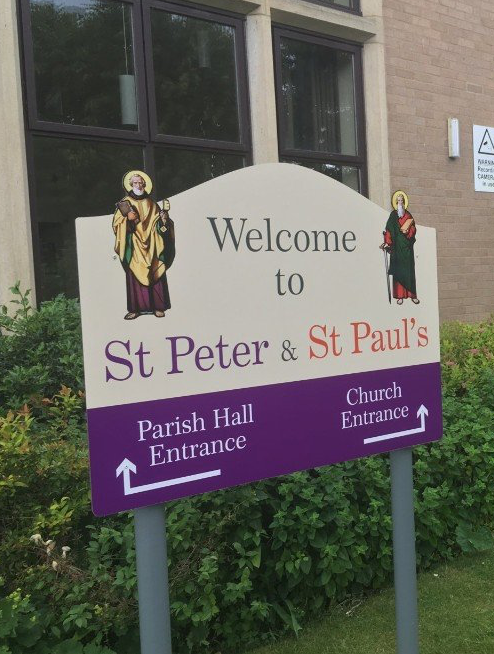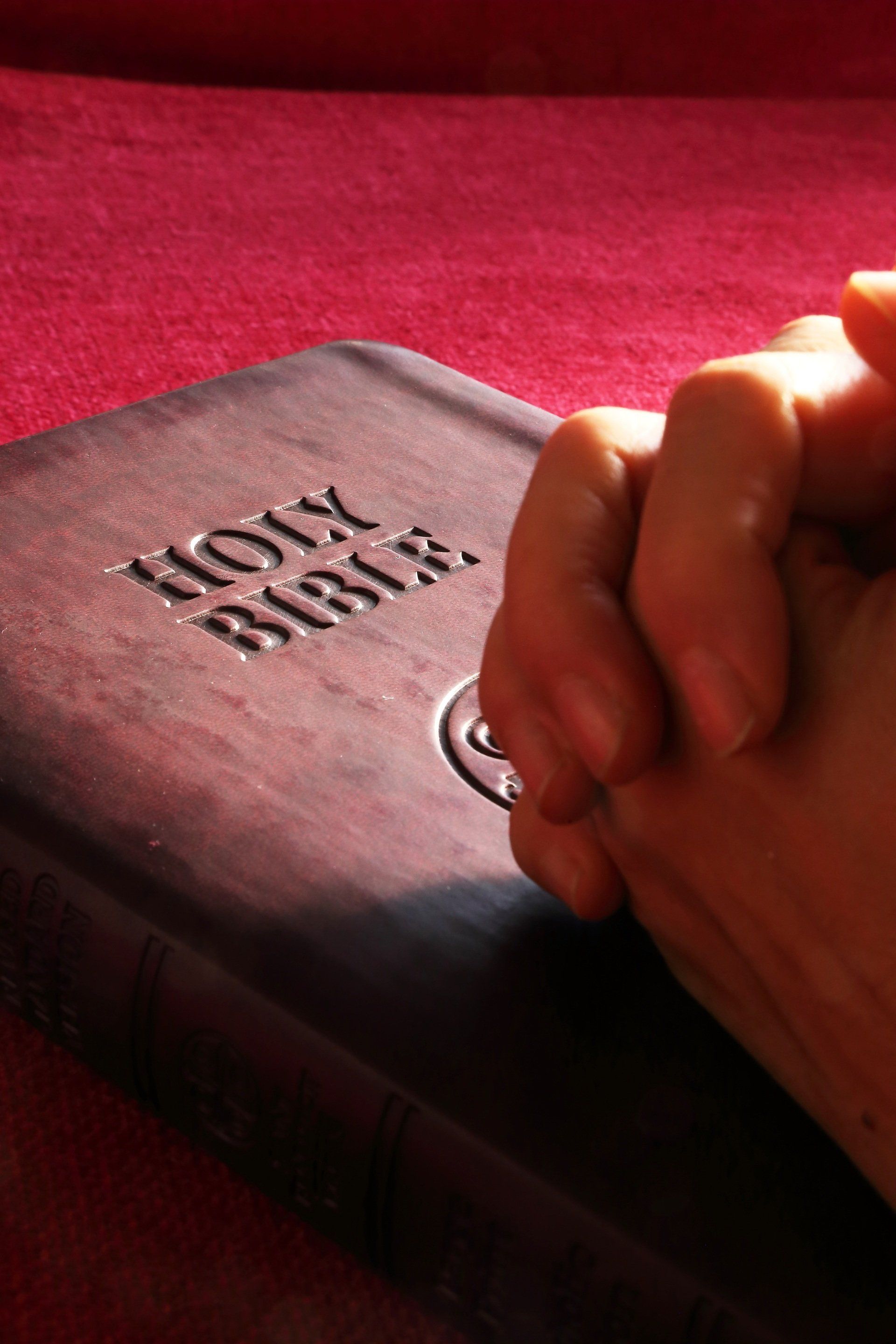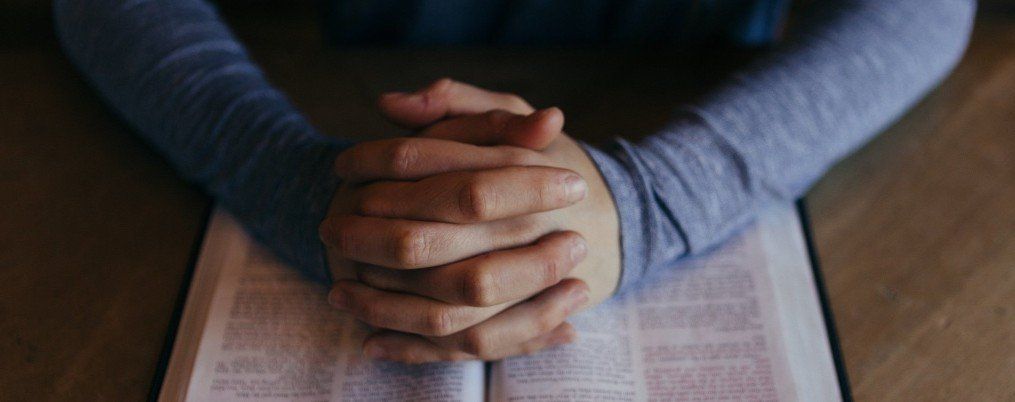In recent catecheses we reflected on prayer in the Acts of the Apostles, today I would like to begin to speak about prayer in the Letters of St Paul, the Apostle to the Gentiles. First of all, I would like to note that it is by no accident that his Letters open and close with expressions of prayer: at the beginning thanksgiving and praise, and at the end the hope that the grace of God may guide the path of the community to whom the Letter is addressed. Between the opening formula: “I thank my God through Jesus Christ” (Rom 1:8), and his final wish: “The grace of the Lord Jesus be with you all” (1 Cor 16:23), the Apostle’s letters unfold. St Paul’s prayer is one which manifests itself in a great many ways that move from thanksgiving to blessing, from praise to petitions and intercessions, from hymns to supplication. He uses a variety of expressions which demonstrate how prayer concerns and penetrates every one of life’s situations, whether they be personal or of the communities, whom he is addressing.
One element that the Apostle would have us understand is that prayer should not be seen simply as a good deed done by us to God, our own action. It is, above all, a gift, the fruit of the living presence, the life-giving presence of the Father and of Jesus Christ in us. In the Letter to the Romans, he writes: “Likewise the Spirit helps us in our weakness; for we do not know how to pray as we ought, but the Spirit himself intercedes for us with sighs too deep for words” (8:26). And we know how true it is when the Apostle says: “we do not know how to pray as we ought”. We want to pray, but God is far, we do not have the words, the language, to speak with God, not even the thought. We can only open ourselves, set our time at the disposal of God, waiting for him to help us enter into true dialogue. The Apostle says: this very lack of words, this absence of words, even the desire to enter into contact with God is a prayer that the Holy Spirit not only understands, but carries, interprets, to God. It is precisely our weakness which becomes, through the Holy Spirit, true prayer, true contact with God. The Holy Spirit is almost the interpreter who makes God and us ourselves understand what we want to say.
In prayer we experience, more so than in other dimensions of life, our weakness, our poverty, our being created, because we stand before the omnipotence and the transcendence of God. And the more we progress in listening to and dialoguing with God, for prayer becomes the daily breathe of our soul, the more we perceive the meaning of our limits, not just before the concrete situations of every day but in our relationship with the Lord too. Growing within us is the need to trust, to trust ever more in him; we understand that “we do not know how to pray as we ought” (Rom 8:26). And it is the Holy Spirit who helps us in our incapacity, who illuminates our minds and warms our hearts, guiding us to turn to God. For St Paul prayer is above all the work of the Spirit in our humanity, taking charge of our weakness and transforming us from men attached to the material world into spiritual men. In the First Letter to the Corinthians he writes: “Now we have received not the spirit of the world, but the Spirit which is from God, that we might understand the gifts bestowed on us by God. And we impart this in words not taught by human wisdom but taught by the Spirit, interpreting spiritual truths to those who possess the Spirit” (2:12-13). With his dwelling in our human frailty, the Holy Spirit changes us, intercedes for us, leads us toward the heights of God (cf. Rom 8:26).
With this presence of the Holy Spirit our union with Christ is realized, for it is the Spirit of the Son of God in whom we are made children. St Paul speaks of the Spirit of Christ (cf. Rom 8:9), and not only the Spirit of God. Clearly: if Christ is the Son of God, his Spirit is also the Spirit of God, and thus if the Spirit of God, the Spirit of Christ, had already become very close to us in the Son of God and the Son of man, the Spirit of God too becomes human spirit and touches us; we can enter into the communion of the Spirit.
It was as if he had said that not only God the Father was made visible in the Incarnation of the Son, but also the Spirit of God is manifest in the life and action of Jesus, of Jesus Christ who lived, was crucified, died and rose again. The Apostle reminds us that “No one can say ‘Jesus is Lord’ except by the Holy Spirit” (1 Cor 12:3). Therefore, the Spirit directs our heart towards Jesus Christ, in such a way that “it is no longer we who live, but Christ who lives in us” (cf. Gal 2:20). In his De sacramentis , reflecting on the Eucharist, St Ambrose says: “Whoever is drunk of the Spirit is rooted in Christ” (5, 3, 12: PL 16, 450).
And now I would like to underline three consequences in Christian life when we let work within us not the spirit of the world but the Spirit of Christ as the interior principle of our entire action.
First, with prayer animated by the Spirit we are enabled to abandon and overcome every form of fear and slavery, living the authentic freedom of the children of God. Without prayer which every day nourishes our being in Christ, in an intimacy which progressively grows, we find ourselves in the state described by St Paul in his Letter to the Romans: we do not do the good we want, but the evil we do not want (cf. Rom 7:19). And this is the expression of the alienation of human beings, of the destruction of our freedom, the circumstances of our being because of original sin: we want the good that we do not do and we do what we do not want to do: evil. The Apostle wants to make us understand that it is not primarily our will that frees us from these conditions, nor even the law, but the Holy Spirit. And since “where the Spirit of the Lord is, there is freedom” (2 Cor 3:17), in prayer we experience the freedom given by the Spirit: an authentic freedom, which is freedom from evil and sin for the good and for life, for God. The freedom of the Spirit, St Paul continues, is never identified with licentiousness, nor with the possibility to choose evil, but rather with “the fruit of the Spirit is love, joy, peace, patience, kindness, goodness, faithfulness, gentleness, self control” (Gal 5:22). This is true freedom: actually to be able to follow our desire for good, for true joy, for communion with God and to be free from the oppression of circumstances that pull us in other directions.
A second consequence occurs in our life when we let work within us the Spirit of Christ and when the very relationship with God becomes so profound that no other reality or situation affects it. We understand that with prayer we are not liberated from trials and suffering, but we can live through them in union with Christ, with his suffering, in the hope of also participating in his glory (cf. Rom 8:17). Many times, in our prayer, we ask God to be freed from physical and spiritual evil, and we do it with great trust. However, often we have the impression of not being heard and we may well feel discouraged and fail to persevere. In reality, there is no human cry that is not heard by God and it is precisely in constant and faithful prayer that we comprehend with St Paul that “the sufferings of this present time are not worth comparing with the glory that is to be revealed to us” (Rom 8:18). Prayer does not exempt us from trial and suffering, indeed – St Paul says – we “groan inwardly as we wait for adoption as sons, the redemption of our bodies” (Rom 8:23). He says that prayer does not exempt us from suffering but prayer does permit us to live through it and face it with a new strength, with the confidence of Jesus, who – according to the Letter to the Hebrews – “In the days of his flesh, Jesus offered up prayers and supplications, with loud cries and tears, to him [God] who was able to save him from death, and he was heard for his godly fear” (5:7). The answer of God the Father to the Son, to his loud cries and tears, was not freedom from suffering, from the cross, from death, but a much greater fulfillment, an answer much more profound; through the cross and death God responded with the Resurrection of the Son, with new life. Prayer animated by the Holy Spirit leads us too to live every day a journey of life with its trials and sufferings, with the fullness of hope, with trust in God who answers us as he answered the Son.
And, the third, the prayer of the believer opens also to the dimensions of humanity and of all creation, in the expectation that “creation waits with eager longing for the revealing of the sons of God” (Rom 8:19). This means that prayer, sustained by the Spirit of Christ speaking in the depths of each one of us, does not stay closed in on itself. It is never just prayer for me, but opens itself to sharing the suffering of our time, of others. It becomes intercession for others, and like this deliverance from me, a channel of hope for all creation, the expression of that love of God that is poured into our hearts through the Spirit whom he has given to us (cf. Rom 5:5). And precisely this is a sign of true prayer, which does not end in us, but opens itself to others and like this delivers me, and thus helps in the redemption of the world.
Dear brothers and sisters, St Paul teaches us that in our prayer we must open ourselves to the presence of the Holy Spirit, who prays in us with sighs too deep for words, to lead us to adhere to God with all our heart and with all our being. The Spirit of Christ becomes the strength of our “weak” prayers, the light of our “darkened” prayer, the fire of our “barren” prayer, giving us true inner freedom, teaching us to live facing the trials of existence, in the certainty of not being alone, opening us to the horizons of humanity and of creation which “has been groaning in travail” (Rom 8:22). Thank you.
